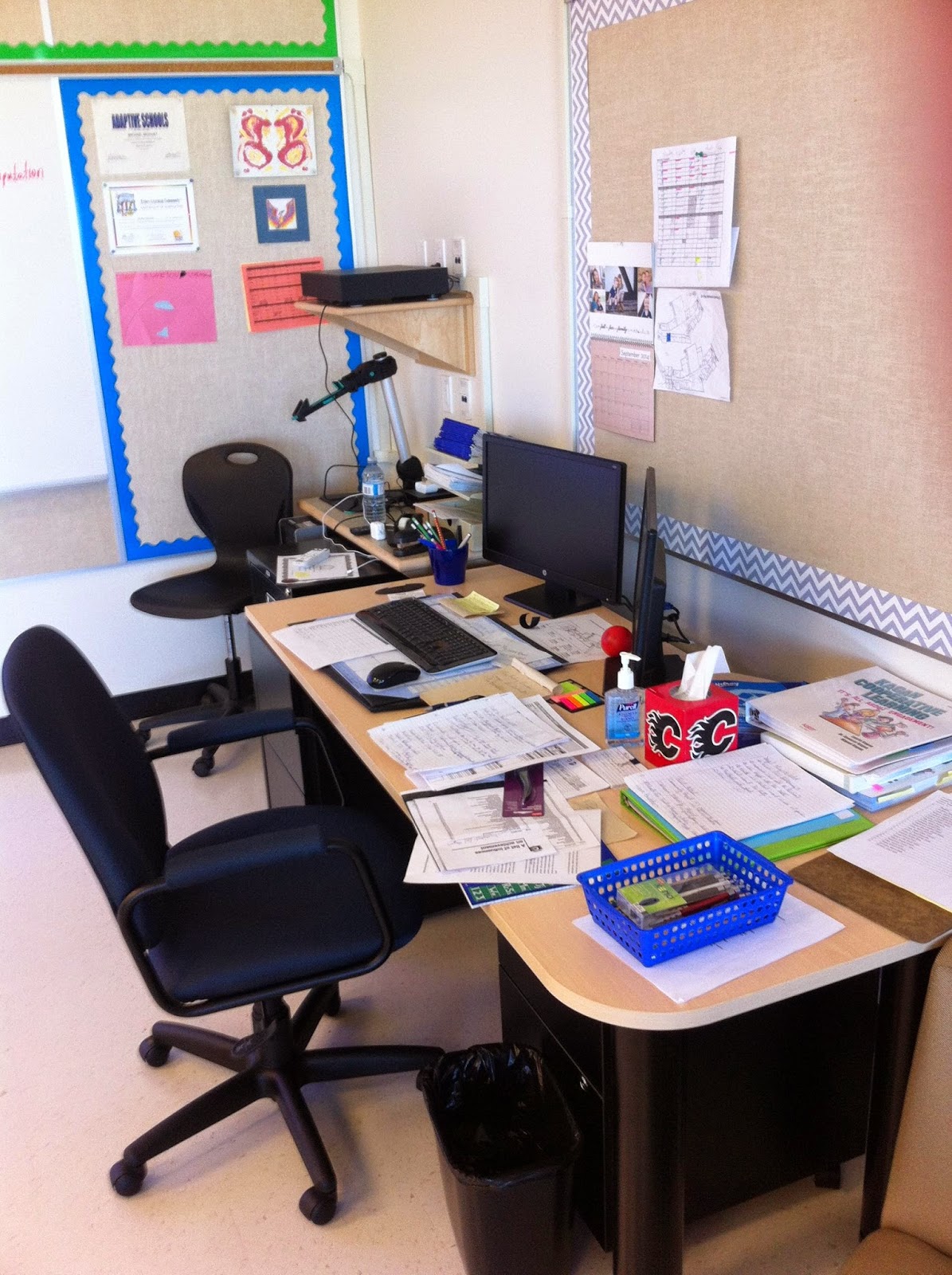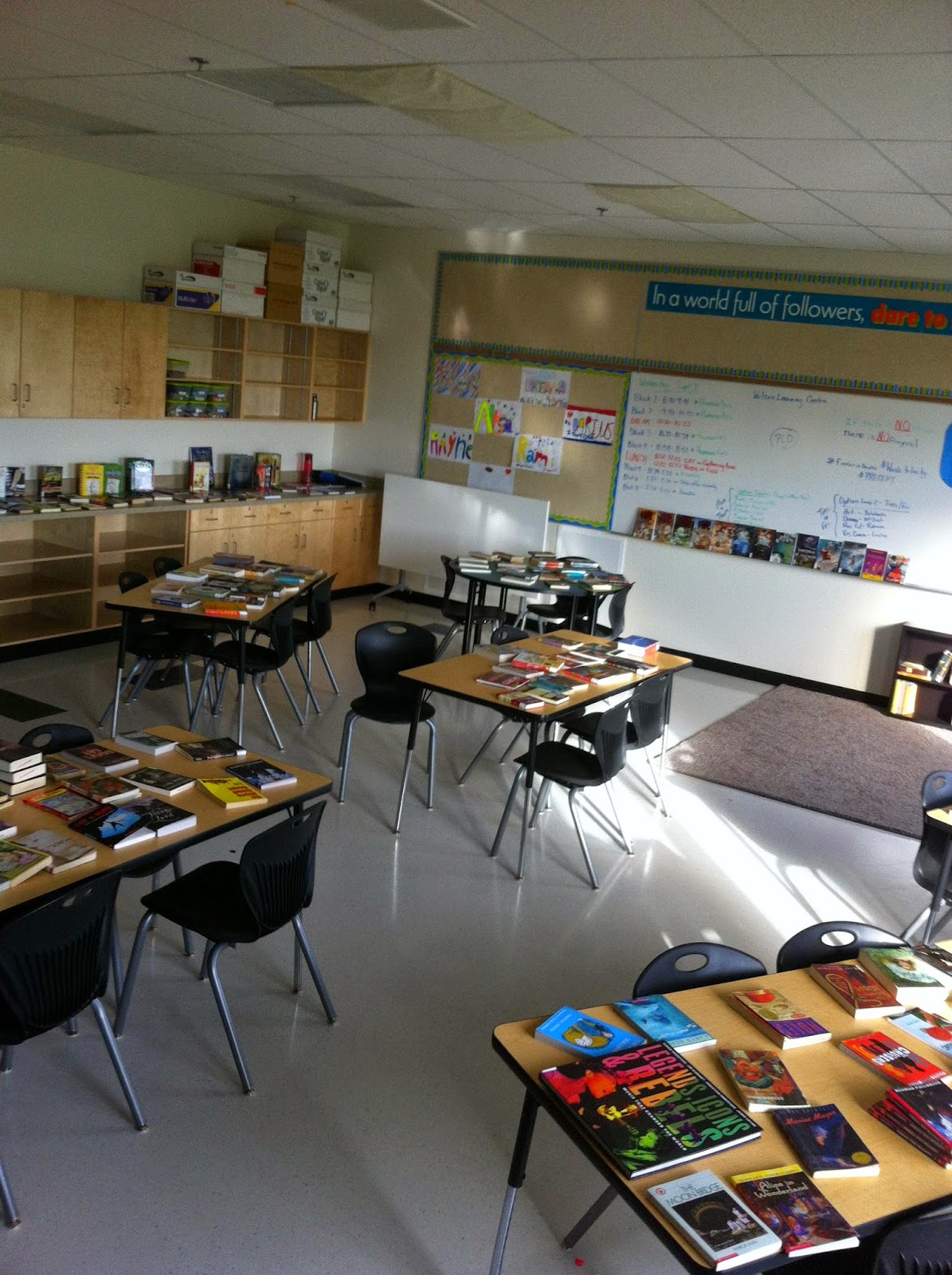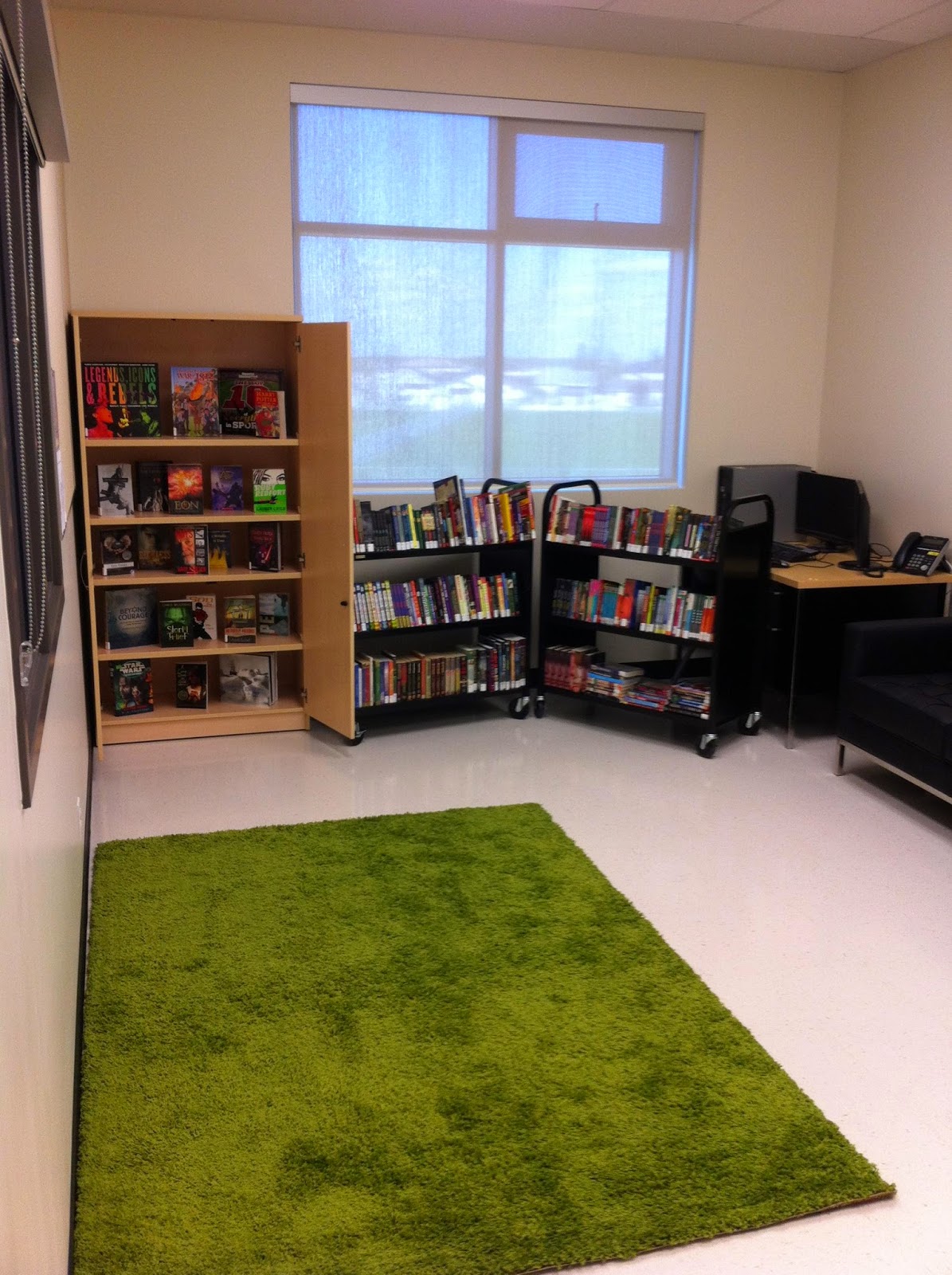Last Thursday, I got a call from a college student who will be joining my class during her first semester of the Education Program. She will be observing, helping with and, hopefully, even planning lessons for my classes every Tuesday until December. I will be her mentor teacher and help her to see what education is like - the ups and the downs.
A good mentor is an amazing person to have in your life. As an English teacher I can tell you that meeting a mentor is so important to all humans that it is a critical part of many
great stories. As a nerdy, movie-quoting man I can tell you that I've memorised some
favourite mentorship lines and use them regularly with my kids and friends. As a teacher and learner, I can tell you that I would not be the same person I am today with the mentors that I have had.
The mentors I was blessed with early on in my career are the ones who helped provide me with practical tips to survive those first difficult years and, more importantly, provided me with "food for thought" that helped shape my pedagogy and thinking. I believe that every person I meet helps to shape my thinking, but those who I would consider mentors have made a lasting impact. They challenged me to examine my values and beliefs leading me towards change or stronger resolve. They asked for my advice with their own problems (or at least venting their frustrations to me), empowering me to become a producer of ideas as well as a consumer. They bounced ideas off me and let me bounce ideas off them. I am the teach I am today, because of the influence of those early mentors.

The people I consider mentors today act more like colleagues and friends than the mentors from the Hero's Journey. They are the people who are still doing what those early mentors in my career did. Helping me to survive the day-to-day and pushing me to be more tomorrow. More firm in my principles. More adaptable to the world around me. More empathetic to the needs of my students. We still bounce ideas off each other (in person and over social media) and I hope that my influence means as much to them and their influence means to me.
I hope that I am able to be a good mentor to this initiate to the profession. Teaching has never been easy, but it is filled with rewards. Sometimes, it can be hard, in the formal role, as a mentor to make sure that a student teacher experiences both. It is my goal to achieve this. To support what is strong. To suggest ways to strengthen areas that are weak. To be vulnerable with my own issues. To bounce ideas back and forth in order to grow - together.



.jpeg)
.jpeg)
.jpeg)
.jpeg)
.jpeg)
.jpeg)


